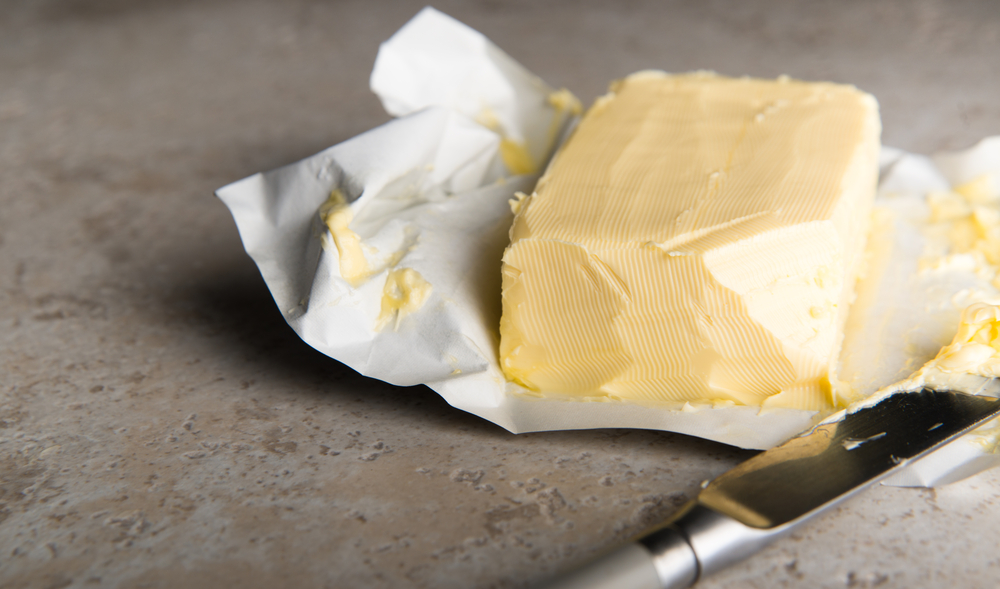Blog
Butter…for better or for worse?
There was a time when butter was used in lavish amounts. We spread it on our bread. We tossed it in our frying pans when we cooked. We baked with it. But then we were told that butter was bad for us…and that our hearts, in particular, would benefit from the ‘healthier’ choice of margarine.
Why has butter been given a bad wrap? Well, butter contains large amounts of both saturated fat and cholesterol, which were believed to be a major cause of heart disease. New studies show that there is very little evidence to link saturated fat and cardiovascular disease.
Margarine is a highly processed food. Its primary ingredient is vegetable oil. At room temperature, vegetable oil is liquid, which means it’s not the greatest thing to spread on toast! To make it solid, the vegetable oil has to undergo hydrogenation – which includes high heat, high pressure, hydrogen gas and a metal catalyst. This creates hydrogenated fats – which are also called trans fats – and they have been proven to not be very good for us. These days most brands of margarine contain no trans fats but there are other reasons for concern when it comes to this manufactured spread.
There’s growing evidence that the vegetable oils used in margarine are not good for us because they contain polyunsaturated Omega-6 fatty acids which, when eaten in excess, have been linked to heart disease and other illness.
Although some store bought butters go through a refining process, at a simple level the differences between making margarine and butter are quite dramatic:
The process of making butter
Take some cow’s milk.
Churn it until it turns into butter.
The process of making margarine
Extract oils from either soy beans, corn or canola seeds at high temperature and pressure.
Remove remaining fraction of oils with hexane or other solvents.
The oils (which are now rancid) are steam cleaned which removes all vitamins and antioxidants.
Oils mixed with a catalyst such as nickel.
Oils and catalyst subject to hydrogen gas in a high-pressure, high-temperature reactor.
Emulsifiers added.
Oils steam cleaned again.
Grey colour removed by bleaching.
Artificial flavours added along with colouring.
In the news…
In recent weeks food company Unilever announced some changes to their business which have led to speculation that the company might be pulling out of margarine production due to falling sales. Unilever is the world’s largest margarine-maker, responsible for brands such as Flora. Why are sales falling? Mainly due to the shift from margarine back to butter. Consumers are seeing butter as a more wholesome and natural choice. Last year unit sales of butter in the USA increased by 4.2% from the previous year, while sales of margarine dropped by 8.9%.












